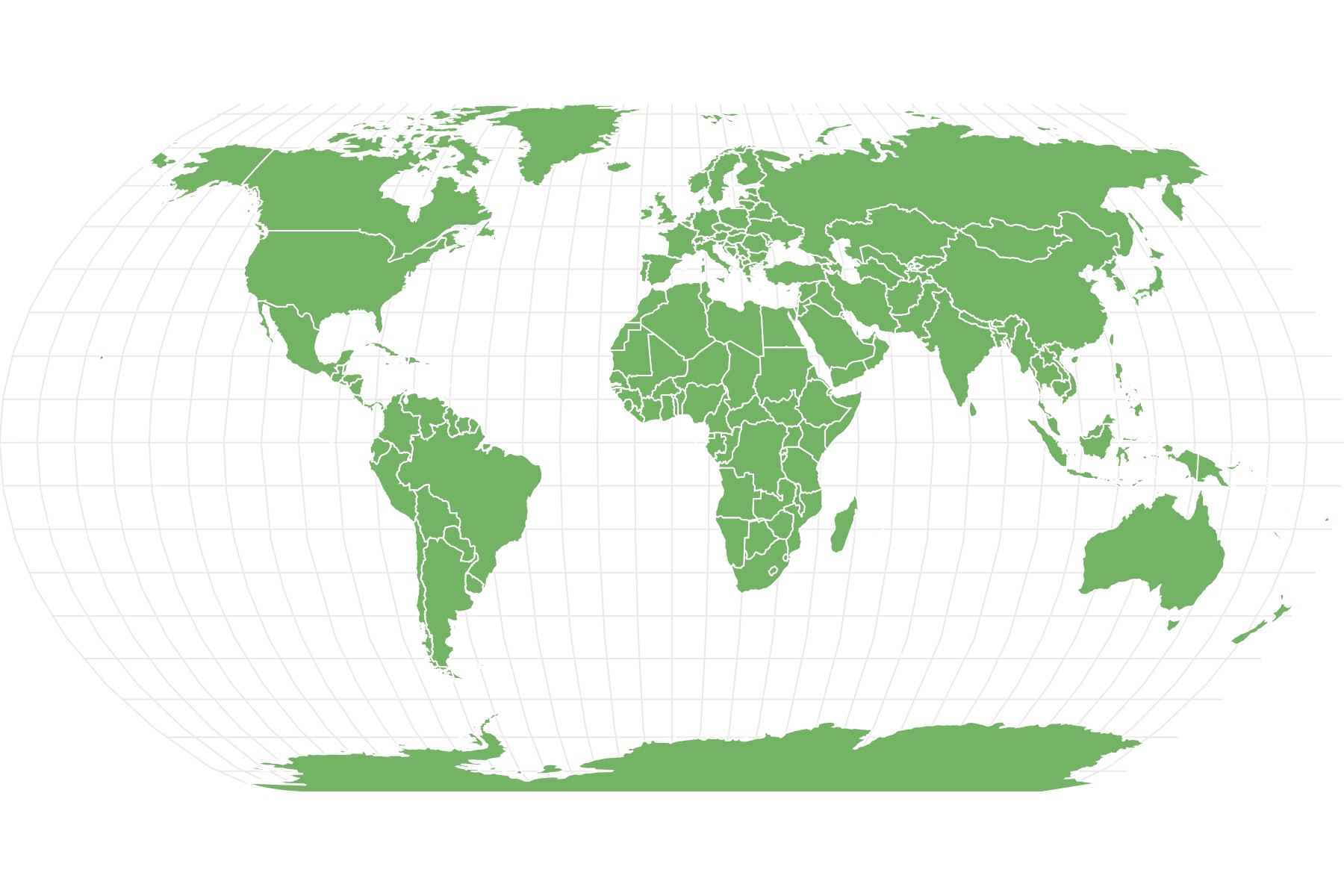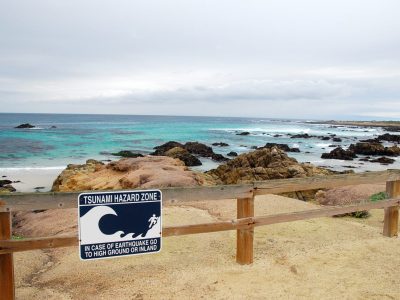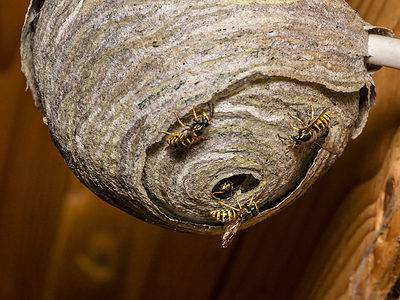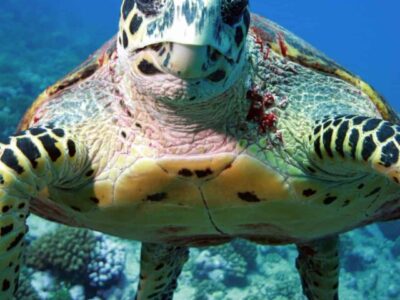Cryolophosaurus
Cryolophosaurus ellioti
This dinosaur was known as the elvissaur due to its pompadour-like crest.
Advertisement
Cryolophosaurus Scientific Classification
- Kingdom
- Animalia
- Phylum
- Chordata
- Class
- Reptilia
- Order
- Saurischia
- Scientific Name
- Cryolophosaurus ellioti
Read our Complete Guide to Classification of Animals.
Cryolophosaurus Conservation Status
Cryolophosaurus Facts
- Prey
- Herbivore dinosaurs and Sauropods
- Fun Fact
- This dinosaur was known as the elvissaur due to its pompadour-like crest.
- Most Distinctive Feature
- Pompadour-like crest on it's head
Cryolophosaurus Physical Characteristics
View all of the Cryolophosaurus images!
Despite the fact that this beast lived in Antarctica and its name literally means “freezing lizard,” it lived in a warm tropical climate.
The Cryolophosaurus was a carnivorous dinosaur that went extinct about 180 million years ago, during the Jurassic period. The name Cryolophosaurus means “frozen crested lizard” and refers to the dinosaur’s habitat being Antarctica. However, this name is ironic because Antarctica was a warm tropical place covered in forests when this creature roamed the earth.
Scientific Name
The Cryolophosaurus was a giant land-bound reptile that sprawled the grounds of Antarctica during the early Jurassic period. Its name can be divided into “cryolopho” – freezing crest and “saurus” – lizard. They were an apex predator, meaning no other animals preyed on them. The species was officially named Cryolophosaurus ellioti after David Elliot, the paleontologist who discovered the initial specimen.
Description & Size
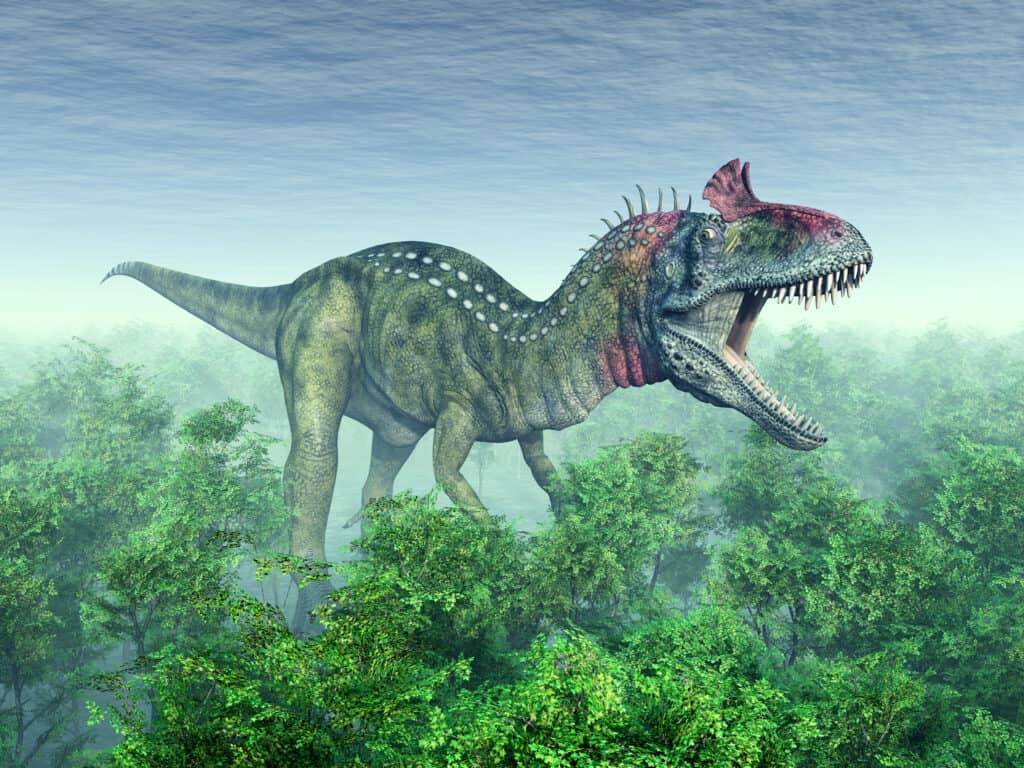
The Cryolophosaurus was a giant land-bound reptile that sprawled the grounds of Antarctica during the early Jurassic period. Its name can be divided into “cryolopho” – freezing crest and “saurus” – lizard.
©Michael Rosskothen/Shutterstock.com
The Cryolophosaurus’s most defining feature was a large “pompadour”-like crest on the top of its head. This giant dinosaur also happens to be the largest discovered dinosaur from Antarctica.
Some of its features are as follows:
| Height | 21 – 25 ft |
| Body weight | 1000-1500 lbs |
| Skull Size | 24’ |
| Length | 20 – 23 ft |
To date, the Cryolophosaurus is the largest discovered theropod of their time. They had a high and narrow skull. In addition, they only had around 7-8 cervical vertebrae to support their head, unlike other dinosaurs with an average of 10-12 vertebrae. Overall, their teeth were sharp and pointy to pierce right through their prey. Similar to other theropods, the Cryolophosaurus had short arms. They also had a large torso, wide thighs, and a long tail extending outwards.
Diet – What Did The Cryolophosaurus Eat?
The Cryolophosaurus was a carnivorous animal, one of the top predators of its time. It preyed on the smaller dinosaurs or Sauropods of the early Jurassic period, such as the Glacialisaurus, especially those that were either young or weak. It must be noted that the answer to the question “What did the Cryolophosaurus eat?” only comes from knowledge about their habitat since they lived in a pre-human era.
Habitat – When And Where It Lived
The Cryolophosaurus lived about 200 to 180 million years ago, during the early Jurassic period. They primarily inhabited various regions of Antarctica, which were covered in dense jungles and had a tropical climate during this time. Antarctica was part of the supercontinent “Pangea” during the early Jurassic period and was not remotely as cold as it is now.
Threats And Predators
As mentioned above, the Cryolophosaurus was one of the foremost apex predators in Antarctica. This means that it preyed on its herbivorous companions such as the plant-eating Glacialisaurus.
While these animals were pretty much unbeatable when it came to predation in Antarctica, natural disasters and other males of their species were their biggest enemies. Territorial male Cryolophosauruses often fought one another over prey and mates. Fossils suggest that the males would often fight to the death.
Discoveries and Fossils – Where Was The Cryolophosaurus Found?
Cryolophosaurus fossils were not discovered for a very long time due to the cold temperatures of Antarctica. They were first found on Mount Kirkpatrick in the Beardmore Glacier area of the Transantarctic Mountains in the 1990s. This sample was pulled from the siliceous siltstone of the Hanson range and was found to be dating as far back as the early Jurassic period. Overall, there were several hurdles in the discovery of the Cryolophosaurus due to the severe climate conditions in the area.
Overall, the number of fossil specimen of the animal are sparse due to the rugged terrain of Antarctica that makes excavation difficult.
Extinction – When Did The Cryolophosaurus Die Out?
The last known Cryolophosaurus was found 180 million years ago at the beginning of the Jurassic period. They are thought to have gone extinct during the mass extinction event known as the Cretaceous-Paleogene extinction, a wave that killed nearly three-quarters of all plants and animals of the time. They were probably victims of volcanic eruptions that eventually caused sudden and severe climate change.
Similar Animals To The Cryolophosaurus
Similar dinosaurs to the Cryolophosaurus include:
- Spinosaurus: About the same height as the Cryolophosaurus, this extinct theropod genus also lived during the same era as the Cryolophosaurus, except in the hotter North African region.
- Dracovenator: Medium-sized bipedal carnivores of the Early Jurassic period that lived in South Africa.
- Dilophosaurus: A genus of theropod dinosaur that lived in North America during the Early Jurassic Period, about 190 million years ago.
All three of these animals also went extinct during the Cretaceous-Paleogene mass extinction event.
View all 235 animals that start with CCryolophosaurus FAQs (Frequently Asked Questions)
When was the Cryolophosaurus alive?
Cryolophosaurus lived about 220 million years ago to 190 million years ago, during the early Jurassic period.
How big was Cryolophosaurus?
About 25 feet in height, 1000-1500 lbs in weight, and 20-23 feet in length, these animals were quite humungous, to say the least.
Where were the first Cryolophosaurus fossils discovered?
All Cryolophosaurus fossils have been discovered in Antarctica.
Thank you for reading! Have some feedback for us? Contact the AZ Animals editorial team.

